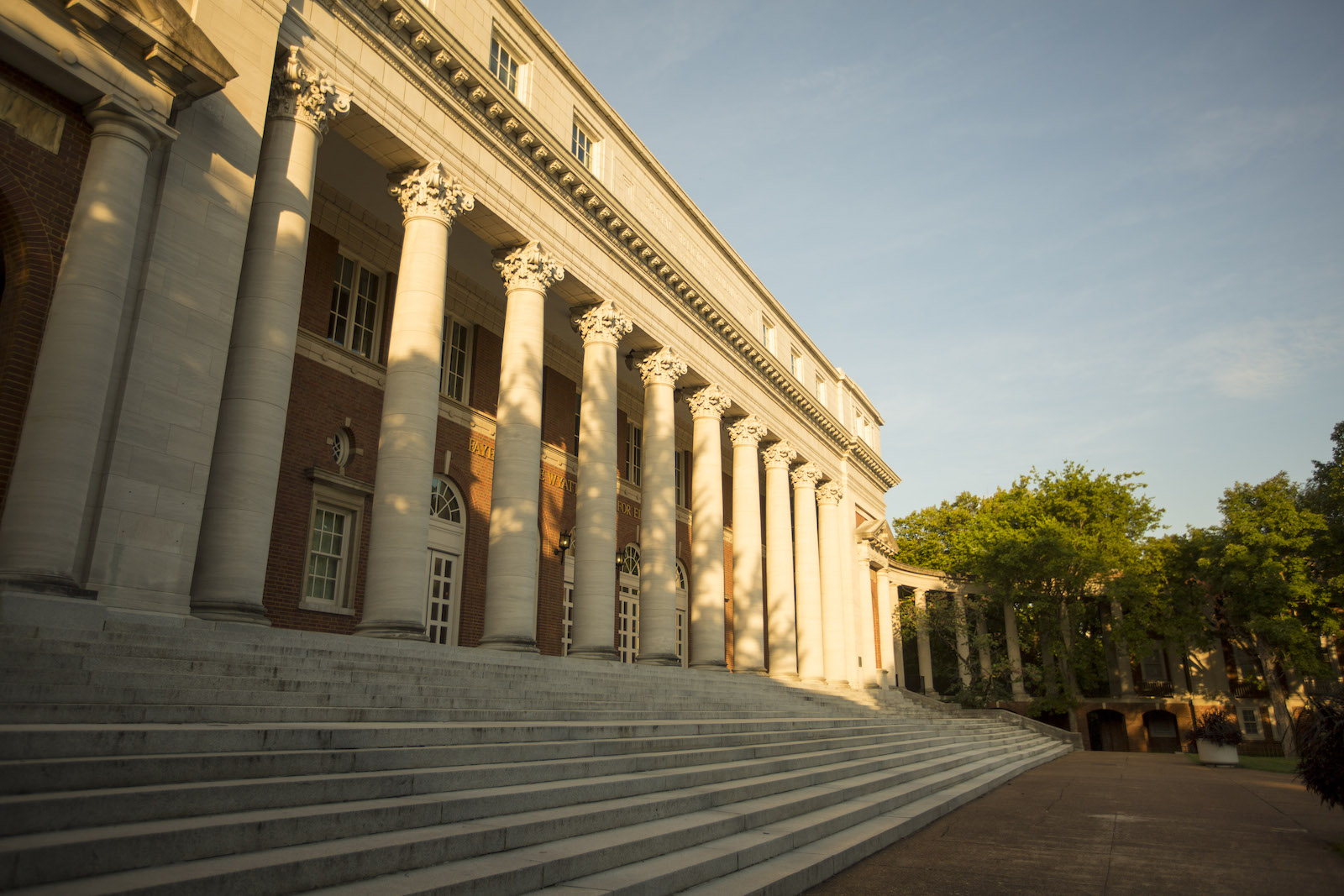Department Overview
Teaching and Learning faculty and students are committed to understanding the most effective teaching tools in science, math and language arts. Faculty spend as much time in the classrooms and hallways of Nashville's public schools as they do in the seminar rooms of the college, guiding some of the best-prepared new teachers in the country. Our research and teaching collaboratives include both theory and practice-oriented scholars with national reputations for innovative thinking. All share an interest in the relationships between student learning and the many environments in which it takes place, including non-school settings, and a commitment to mentoring students.
-
#5
Curriculum and Instruction, U.S. News & World Report 2025
-
#5
Elementary Education, U.S. News & World Report 2025
Undergraduate Programs
-
Elementary Education
This program will prepare you to teach all curricular areas from pre-K through fifth grade. This major is field-work intensive, with a unique focus on children's developmental thinking and reasoning in both school and non-school settings that involve teaching, advocacy, policy, and informal learning opportunities. -
Secondary Education
This program is for students wanting to obtain initial teacher licensure in grades six through twelve. Students choose from one of four concentrations in english, math, science, or social studies.
Master’s Programs
-
Elementary Education
Our multifaceted partnerships with local schools and community-based organizations help students connect theory to practice as they gain experience in such initiatives as trauma-influenced practices and Science, Technology, Engineering, the Arts, and Mathematics (STEAM). Designed to prepare you to work with and for urban schools. -
Innovative Design and Technology in Education (M.Ed.)
Innovative Design and Technology in Education (IDeaTE) is a program for students interested in learning how to create and study environments leveraging learning theories, human centered design, learning analytics, and learning technologies.Learn More About Innovative Design and Technology in Education (M.Ed.)
-
Multilingual Learner Education
The Multilingual Learner Education M.Ed. program prepares pre- and in-service teachers to work with individuals who are learning additional languages; study the development of multilingualism across the lifespan; and engage in applied linguistics, language, and literacies research. -
Reading Education
A degree program for teachers who are already licensed that focuses on literacy theory, research, and instruction for grades pre-kindergarten through twelve. Students are prepared to return to the classroom as skilled literacy teachers, literacy coaches, department chairs, and deans of instruction. -
Secondary Education
This program is for students wanting to obtain initial teacher licensure in grades six through twelve. Students choose from one of four concentrations in english, math, science, or social studies. -
World Languages
Created by a cadre of faculty nationally recognized in all aspects of language acquisition, Peabody's two-year, 31-34-credit M.Ed. degree enables students to earn certification in World Languages and ESL. Candidates learn and apply theories of linguistics, intercultural communication, and language pedagogy that responds to the needs of multilingual learners in a wide range of capacities.

